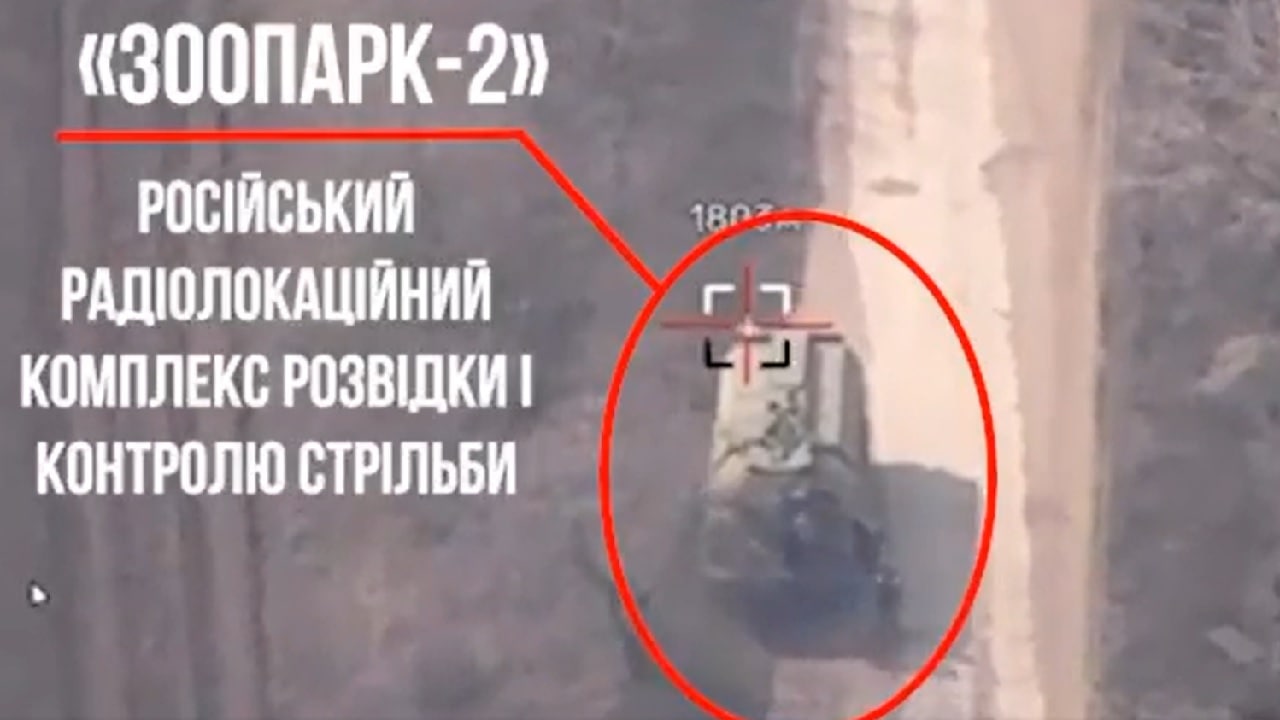While the exact quantity of military equipment and weaponry that Russian forces have lost in Ukraine remains unclear, analysts agree that Moscow’s stockpile is significantly diminished.
In fact, Russian troops have been forced to rely more and more on less advanced Soviet-era weapons to aid their offensive efforts.
Recent reports suggest that the state-aligned Wagner Group paramilitary organization has been looking to Africa to supply its troops with much-needed weapons and ammunition.
The Wagner Group has made headlines for its role in the battle for Bakhmut, considered to be the bloodiest battle in the war so far.
This week, the U.S. State Department said there were “indications that Wagner has been attempting to purchase military systems from foreign suppliers and route these weapons through Mali as a third party,” according to Reuters.
Why Is the Wagner Group in Africa?
The Kremlin was seeking to establish a deeper presence in the African continent even prior to the Ukraine invasion.
In the past, the Wagner Group has supported controversial regimes in exchange for access to valuable resources found across the continent. Specifically, the Russian paramilitary organization has exploited Mali, Sudan, Libya, and the Central African Republic (CAR).
In order to help prop up Central African Republic President Faustin-Archange Touadera, Wagner Group militants provide the muscle and manpower needed to prevent a coup d’état. Reportedly, the Russian group has perpetuated violence and human rights abuses in CAR, including but not limited to theft, torture, and unjust detainments.
In exchange, Wagner militants have been able to exploit the nation’s gold mines and forests, which helps finance the organization’s operations across the globe.
Reports Politico:“The U.S. concerns and assessments about Wagner, including its operations in Africa, were also reflected in the highly classified intelligence allegedly leaked by 21-year-old Massachusetts Air National Guard member Jack Teixiera, according to more than 50 documents reviewed by POLITICO. Teixiera disseminated the materials on Discord, a social media messaging site, in recent months.”
How Wagner Group Fuels the Battle for Bakhmut
Since the onset of Russia’s invasion, the eastern Ukrainian city of Bakhmut has become the emblem of Kyiv’s resistance. Ukrainian President Volodymyr Zelensky referred to the city as the “fortress of morale,” claiming the battle for Bakhmut will forever alter the trajectory of the war’s outcome and secure the independence and freedom of Ukraine. Russia has thrown thousands of soldiers into Bakhmut in recent months, and Wagner Group militants have assisted in the attack.
However, the organization has had notable spats with Moscow as well. Wagner Group’s leader, Yevgeny Prigozhin, has publicly stated that Wagner militants, not the Russian army, are responsible for any advances made in the battle. Obviously, this sort of rhetoric goes against the well-oiled propaganda machine fueled by Russian President Vladimir Putin and the Kremlin.
Prigozhin has also criticized the lack of resources, including weaponry and other equipment, that his soldiers receive.
The Wagner Group leader even threatened to withdraw from the city of Bakhmut unless more ammunition was delivered to his forces.
Considering the Wagner Group remains on the front lines in Bakhmut, weapons delivered from Africa are likely fueling its continued efforts.
Maya Carlin, a Senior Editor for 19FortyFive, is an analyst with the Center for Security Policy and a former Anna Sobol Levy Fellow at IDC Herzliya in Israel. She has by-lines in many publications, including The National Interest, Jerusalem Post, and Times of Israel. You can follow her on Twitter: @MayaCarlin.

